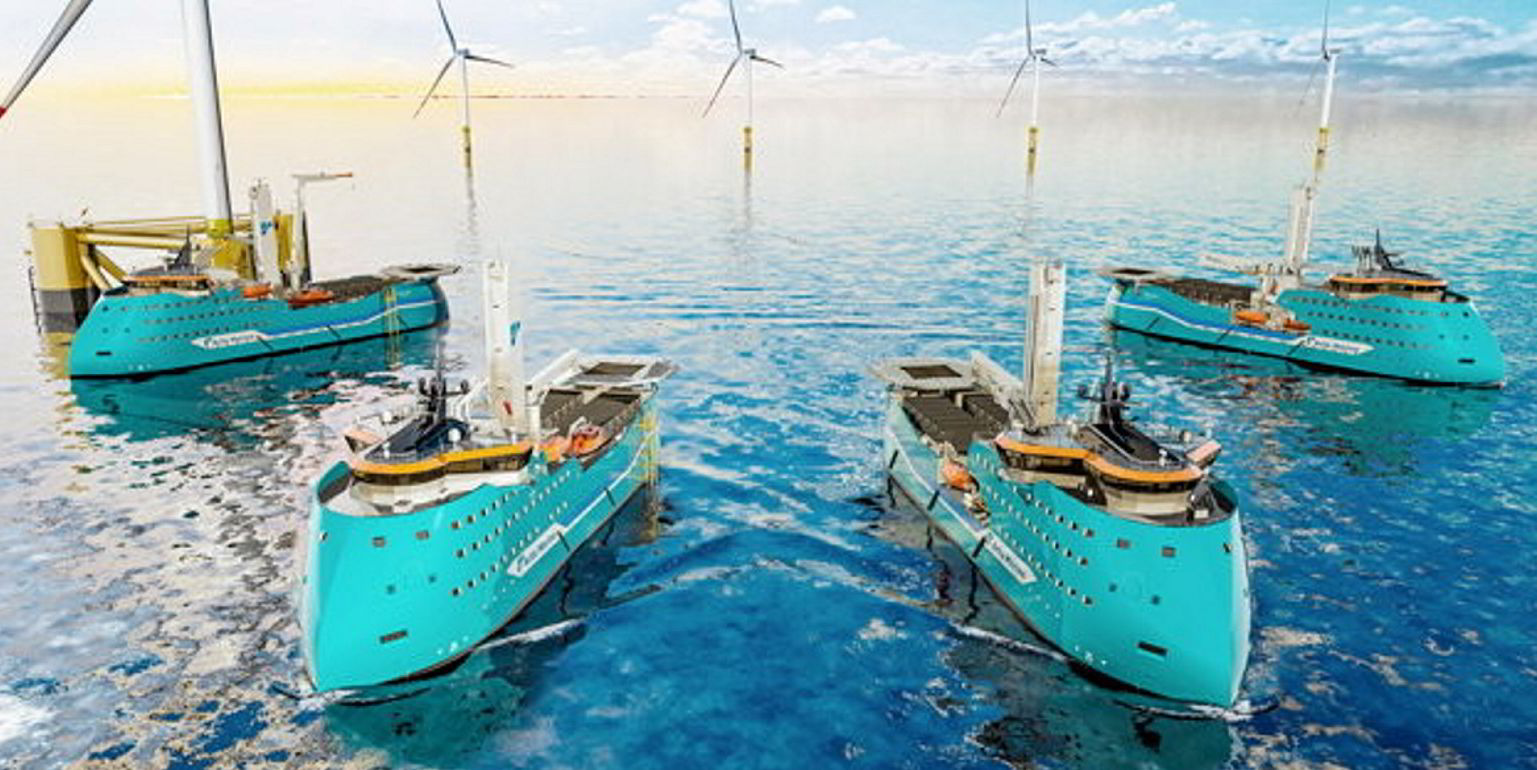US legislation whose current language threatens to slam offshore wind project construction is expected to be passed with less restrictive provisions.
But how much the manning provisions of the Coast Guard Authorization Act will be watered down remains unclear.
In March, the US House of Representatives passed a spending bill for the US Coast Guard that included provisions requiring crews on specialised offshore construction vessels to be citizens either of the US or their ship’s flag state.
The legislation requires passage in the US Senate.
Winston & Strawn’s Charlie Papavizas, a Washington DC-based maritime lawyer, said it is highly likely that some form of the manning language will be passed, but with modifications.
“There is a recognition that the timing in that bill is impossible,” he told TradeWinds. “You can’t say today that six months from now, everybody has to be an American or national of the flag state. You just can’t do that.”
Papavizas also said there is growing recognition that the current language will impact some sectors of the construction vessel market differently. Foreign-flagged wind-turbine installation vessels, for example, may only operate in US waters for a few months at a time and will need a crew that can work worldwide.
The American Clean Power Association said the House bill does not reflect reality because there are insufficient US crew members to do the job or enough crew members that are citizens of major flag states.
“The crewing provision would thus serve to block the use of these international specialised offshore vessels, and there are virtually no US-flagged specialised construction vessels to do the work needed,” the offshore wind trade group said in a recent factsheet.

“As a result, the House crewing provision would halt domestic offshore wind farm installation.”
The impact would not only be felt in the wind sector. If passed in its present form, the Coast Guard bill would also halt offshore oil and gas activity in the US Gulf of Mexico.




